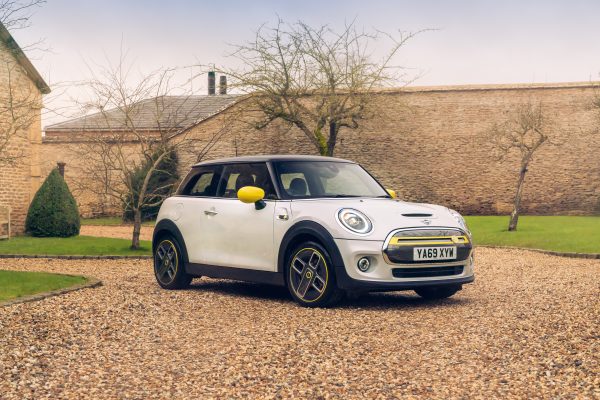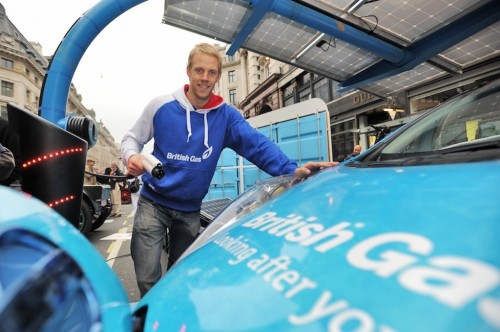Last time I looked at the difference in energy usage between petrol and electric cars. Another way of comparing EVs, hybrids and ICE cars is cost per mile. Using the Mini Cooper, we can compare all three. This example is based on UK units, assuming petrol is costs £1.30 per litre and electricity 14p/kWh – i.e charging at home.
Petrol
The petrol Mini Cooper S has a 44 litre fuel tank, and an average consumption of 44 miles per gallon – UK/Canadian mpg. A full tank of fuel can take the car 425 miles at a cost of £57.20, meaning each mile of driving costs 13.5 pence.
Hybrid
The Mini Countryman Cooper S plug-in hybrid has a 36 litre fuel tank and a 7.6kWh battery. Combined mpg figures range from 50.8mpg to 56.6mpg so we’ll use 53.4mpg for the comparison.
That means with a full tank and a full battery, you can travel around 423 miles – similar to the petrol car. The cost of 36 litres of petrol is £46.80 and 7.6kWh of electricity costs £1.06, making the total cost per mile around 11.3 pence.
Electric
The Mini Electric has a 32.6kWh battery and a range of 115 miles. It costs £4.56 to “fill up” the battery meaning each mile costs 4.0 pence.
Hybrid Inefficiencies
Interestingly, the hybrid is less efficient than the electric car when running on battery power and less efficient than the petrol car when running on the petrol engine. This is because it’s not just carrying an engine and a fuel tank, or a motor and a battery pack, it’s carrying all four all the time!
Hybrids were a great tool in the transition from ICE to EV, proving the concept and raising awareness. I believe they are no longer relevant however, as they’re significantly less efficient than their EV counterparts and don’t offer the electric range that people really need. The addition financial and efficiency costs don’t make hybrids worthwhile.
Most Efficient Car Pence Per Mile
We’ve already established electric cars are far more efficient than petrol and hybrid-powered cars, so what’s the best of the best, the most efficient electric car? That title is shared by the Hyundai Ioniq Electric and the Tesla Model 3 Standard Range Plus which use just 240 watt-hours of juice per mile.
The Ioniq can drive an impressive 160 miles on a 38.3 kWh battery pack. It costs £5.36 to charge empty to full, at a cost per mile of 3.4 pence.
Just 3.4 pence for every mile of travel! That’s a quarter of the cost of the petrol Mini Cooper S!
The Model 3 can drive 195 miles (140 in winter, 275 in summer) on its 50 kWh battery pack. 50 kWh costs £7.00 on a £0.14/kWh home supply, which gives it a cost per mile of 3.6 pence. Worst case that’s 5.0 pence per mile in winter, best case it’s as low as 2.5 pence per mile in summer.
EV Tariffs
Some electricity providers now offer electric car tariffs, which make it even cheaper to charge. Some even pay you to take power off the grid when demand is low but supply is high!
£0.05/kWh is not uncommon. Charging a Model 3 at that price could give you 275 miles of range for £2.50.
0.9 pence per mile.
Petrol cars simply can’t compete with electric cars on pence per mile. EVs are too efficient 🙂






